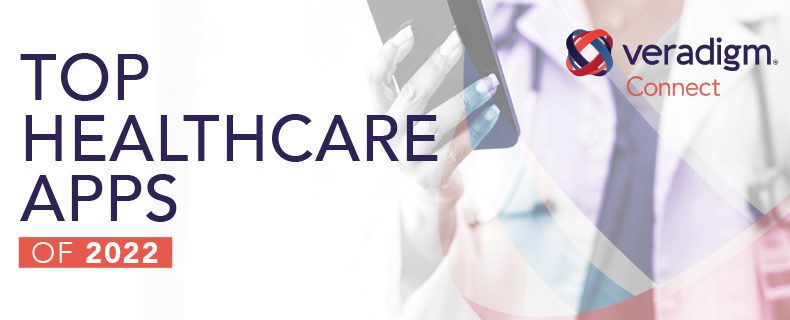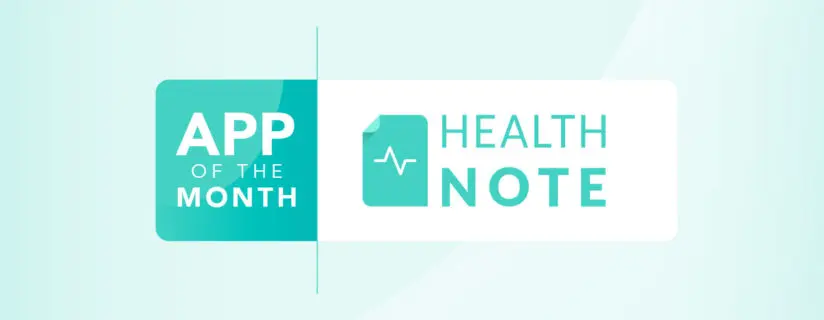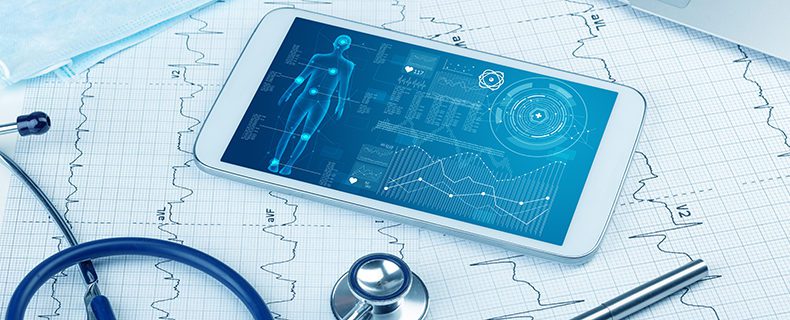Blog Posts
How mobility streamlines communication in healthcare


As technology advances throughout the evolving COVID-19 pandemic, patients will continue to demand the most up-to-date care innovations. Mobility is key here, as healthcare professionals need flexible solutions to enable a proactive, engaged experience in delivering care. Mobile tools such as tablets and smartphones streamline workflows while reducing cognitive burden and costs, both of which enable healthcare professionals to focus on what matters: providing the best care, to every patient, every day.
A major benefit of mobile technologies is improved communications, as the best solutions eliminate time-consuming and error-prone manual tasks. According to the Joint Commission, 80% of medical errors are attributable to communication breakdowns. Mobility solutions can help eliminate human error and streamline communication by acting as an aid for medical professionals. These solutions give providers an edge by delivering historical data, digitally capturing information, transmitting data in real time, remotely monitoring patients and much more. While working with a team of providers with mobile solutions, these benefits create a streamlined, solution-oriented united front, where each member is on the same page.
For proactive, communicative mobile solutions to be most effective, they must be standardized. Working alongside clinicians and other staff members, mobile systems need to provide a consistent baseline in their workflows, or else there is a growing risk that it will damage care delivery. For example, Sunrise™ Air provides a high standard of mobile care delivery by gathering data between patients, so clinicians won’t have to return to a desktop. It also helps streamline their day by enabling them to place quick orders while communicating with various staff. These features can take clinicians’ daily journeys to new heights, creating more optimal care delivery.
Mobile solutions are essential to the future of healthcare and can assist providers in proactively treating patients and communicating with their colleagues (and patients). As technology advances, patients will expect their healthcare experiences to follow suit, quickly and efficiently. In the mobile, data-driven world, strong communication capabilities are a major benefit for all organizations and clinicians, and as mobile solutions improve, so will the delivery of care.












